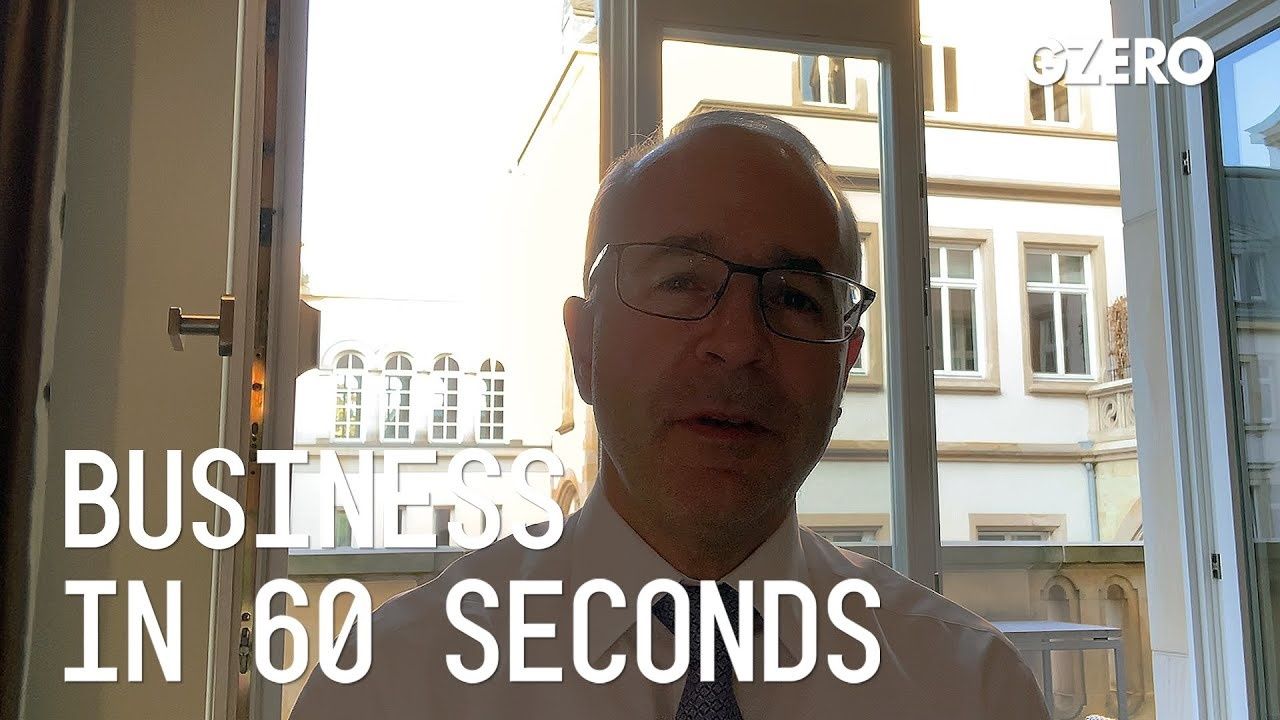In 60 Seconds
How COVID is changing consumer behavior

How Covid Is Changing Consumer Behavior | Business In 60 | GZERO Media

Kevin Sneader, global managing partner for McKinsey & Company, provides perspective on how corporate business leaders think in response to the coronavirus crisis:
What does the next normal consumer look like?
COVID-19 is changing how consumers behave across every aspect of their lives. A few examples. Overall, consumption is declining. 12% drop in private consumption is anticipated in the US over the next two years. 35% of Netflix subscribers now use Netflix for educational content. And over 40% of consumers are watching more TV, 40% more social media. But beneath these broad shifts, new behaviors are hiding significant variation. One example, for all the excitement around online shopping, not everyone liked the experience. 60% of Italian consumers shopped online during the crisis, a dramatic increase, but less than 10% said that they found the experience satisfying.
The result? Companies need to rethink their engagement with consumers and specifically reflect on the following, how consumers get their information, meet them where they are, not where they used to be, where consumers purchase, given a rebalancing of the channels that they use, and understand what they value in the shopping experience. Online shopping can certainly be efficient. And when there are no other alternatives, it can even be exciting. But it can also be deadly dull and often frustrating. Reengineering that experience is therefore key.
In this Quick Take, Ian Bremmer unpacks the Trump administration’s new national security strategy, particularly its heightened focus on Europe.
Is the AI jobs apocalypse upon us? On Ian Explains, Ian Bremmer breaks down the confusing indicators in today’s labor market and how both efficiency gains as well as displacement from AI will affect the global workforce.
Remember Xinjiang? There was a time, not long ago, when China’s crackdown on the Uyghurs, a Muslim minority group living in Xinjiang province in Northwestern China, was a hot topic. But these days the attention has faded.
GZERO Media is seeking a video producer with strong writing skills and a passion for global affairs. He/She/They will have an opportunity to work with a growing team of talented journalists, producers, and editors crafting unbiased and compelling geopolitical content. This position will last approximately four months beginning in January 2026.